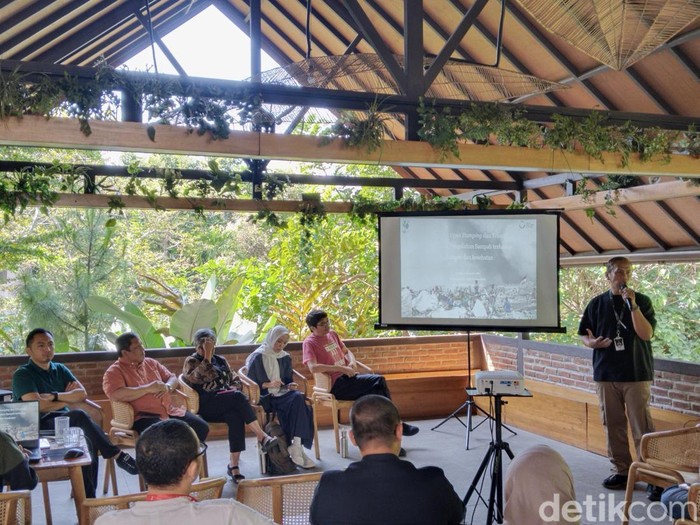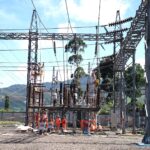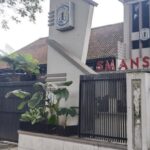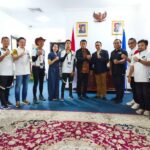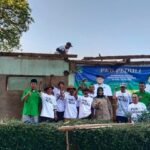Bandung –
Several environmental activists have expressed concerns about the incinerator project currently being implemented by the Bandung city government. They believe the project could create even bigger problems in the future.
These concerns were raised during a discussion held by the Zero Waste Indonesia Alliance (AZWI). Incinerators are waste-burning devices that process solid, liquid, or gas waste using high temperatures.
“In Bandung, unfortunately, the chosen solution for waste management is the extreme option of burning. The problem is, this will create new issues later on,” said the Executive Director of a sustainable earth preservation organization in Bandung.
The incinerator project was initiated by the West Java provincial government in May 2025 to address the overcapacity issue at the Sarimukti landfill. The government has allocated a budget of Rp 117 billion for 84 additional incinerators, with 43 units in Bandung City, 25 in Bandung Regency, 6 in Cimahi City, and 10 in West Bandung Regency (KBB).
In Bandung City, the local government aims to install incinerators at 30 locations. As of early July 2025, only 7 units were operational.
While acknowledging the urgent need to address the Sarimukti landfill’s overcapacity, critics argue that incinerators are not the right solution for waste management.
There are concerns that the project could normalize independent waste burning among residents, potentially leading to new problems, including health issues in the future.
“Because of incinerators, residents might stop sorting their waste. This reflects confused thinking and lacks scientific basis. It will lead us to bigger problems and could become a time bomb,” they warned.
“The current approach lacks proper planning to solve waste problems. While there is indeed a landfill crisis, the response creates new issues, especially environmental pollution. Ultimately, Bandung residents will suffer the consequences,” they added.
Critics note that Bandung already has a running waste management program called ‘Kang Pisman’ (Reduce, Separate, and Utilize waste). However, the incinerator project risks making these efforts meaningless.
“Everything gets hindered. To me, the waste problem only requires commitment and courage from local leaders. If the incinerator option continues, it will normalize waste burning among the public,” they emphasized.
Others argue that the incinerator project for waste management is fundamentally misguided, doubting its environmental friendliness.
“The key principles should be the right to live healthily, in a healthy environment, and to work in a healthy environment. These should guide all solutions,” they stated.
“We have a waste problem and seek solutions, but if the solution makes you sick, it’s not a solution—it’s creating new problems. The introduced technology lacks validation and certification. Claims of being environmentally friendly need proof,” they added.
Critics view the local government as shifting responsibility through the incinerator project, which may create future health issues.
“Waste transportation is the government’s basic service obligation. Making residents handle it themselves is wrong. The concept is flawed, especially by asking people to burn their waste,” they explained.
While acknowledging the Sarimukti landfill’s overcapacity, critics argue the incinerator project will burden Bandung residents with new problems.
The government should instead focus on changing household waste sorting habits. This requires time but must be supported by serious policy commitment.
“Don’t keep blaming residents when facilities are lacking. The enabling system to help people do this isn’t in place,” they said.
“The solution is for everyone to learn waste sorting—it must become a culture. The waste collection system must also support sorting to avoid frustration. Start with sorting, then cultivate no-burning practices—temporary burial is better,” they concluded.

